
MidAtlantc Ridge on Iceland (Thingvellir National Park) 😍 The MidAtlantic Ridge is a midocean
Description. Definition and delimitation of property. The Mid-Atlantic Ridge (MAR) is a volcanic mountain range that rises from the Atlantic abyssal plain, extending from the Arctic (Gakkel Ridge) to the Antarctic (Bouvet Triple Junction) across the two hemispheres, ranging more than 16,000 km. Ocean ridges such as MAR are highly complex and dynamic geological systems, which develop at the.

MidAtlantic ridge on SW coast of Iceland Geology Pics
Guided trips along the ridge are provided on land and underwater. The Silfra fissure is a part of the Mid-Atlantic Ridge and a very popular diving and snorkelling spot. This is a place, where you can dive between two continents, namely between two tectonic plates of Europe and America. Around 100 metres of visibility in crystal clear waters.
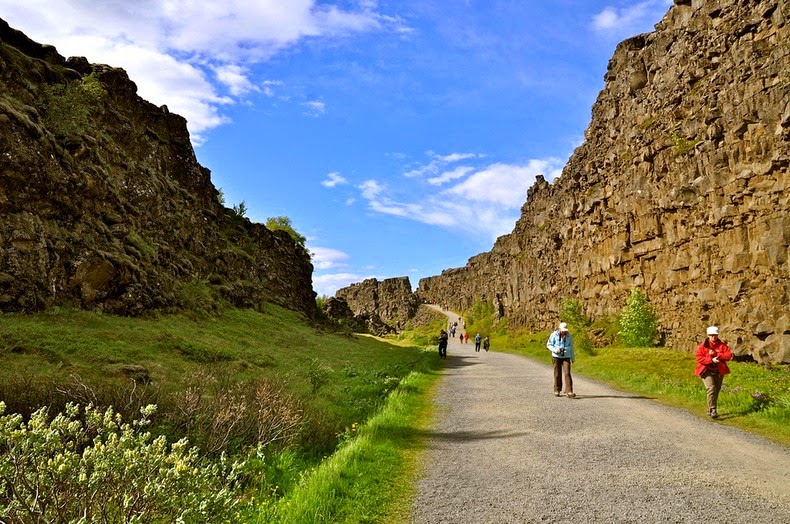
The MidAtlantic Ridge in Iceland Amusing
IUCN recommended a re-nomination as part of a geological Mid-Atlantic Ridge serial site (AB ev) Iceland includes the only part of the actively spreading Mid-Atlantic Ridge exposed above sea level, with the tectonic plates on either side moving apart by some 19 mm each year. This movement is accommodated in rift zones, two of which, the Eastern.
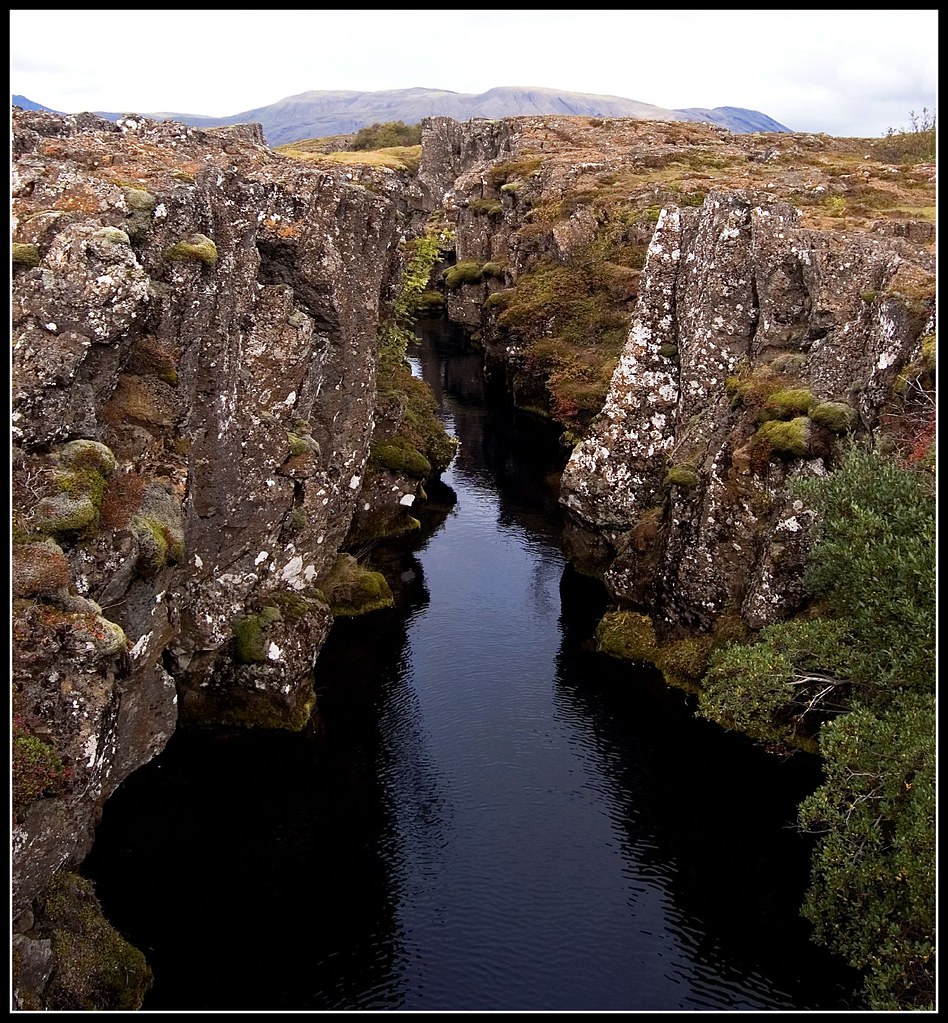
MidAtlantic Ridge (Iceland) killultagh Flickr
The Mid-Atlantic Ridge is a mid-ocean ridge (a divergent or constructive plate boundary) located along the floor of the Atlantic Ocean, and part of the longest mountain range in the world. In the North Atlantic, the ridge separates the North American from the Eurasian Plate and the African Plate, north and south of the Azores Triple Junction.

The MidAtlantic Ridge in Iceland Amusing
Iceland is the largest land portion of the underwater mountain range that runs the length of the Atlantic Ocean. At more than 14,000km (8,900 miles) long, the Mid-Atlantic Ridge marks a divergent boundary between the earth's plates. As the plates pull apart, the Atlantic Ocean grows at a rate of 2.5cm per year - as […]

Natural History The MidAtlantic Ridge Tiplr
The mid ocean ridge systems are the largest geological features on the planet. The Mid-Atlantic Ridge (MAR) is a mostly underwater mountain range in the Atlantic Ocean that runs from 87°N -about 333km south of the North Pole- to subantarctic Bourvet island at 54°S. The MAR is about 3 km in height above the ocean floor and 1000 to 1500 km wide.

Mid Atlantic Ridge . Iceland Wonders of the world, Arctic circle, Iceland
The Mid-Atlantic Ridge is located at the juncture of crustal plates that form the floor of the Atlantic Ocean; it is considered a "slow-spreading" ridge by earth scientists. Running along the crest of the ridge is a long valley that is about 50 to 75 miles (80 to 120 km) wide. This rift contains the zone of seafloor spreading, in which molten.
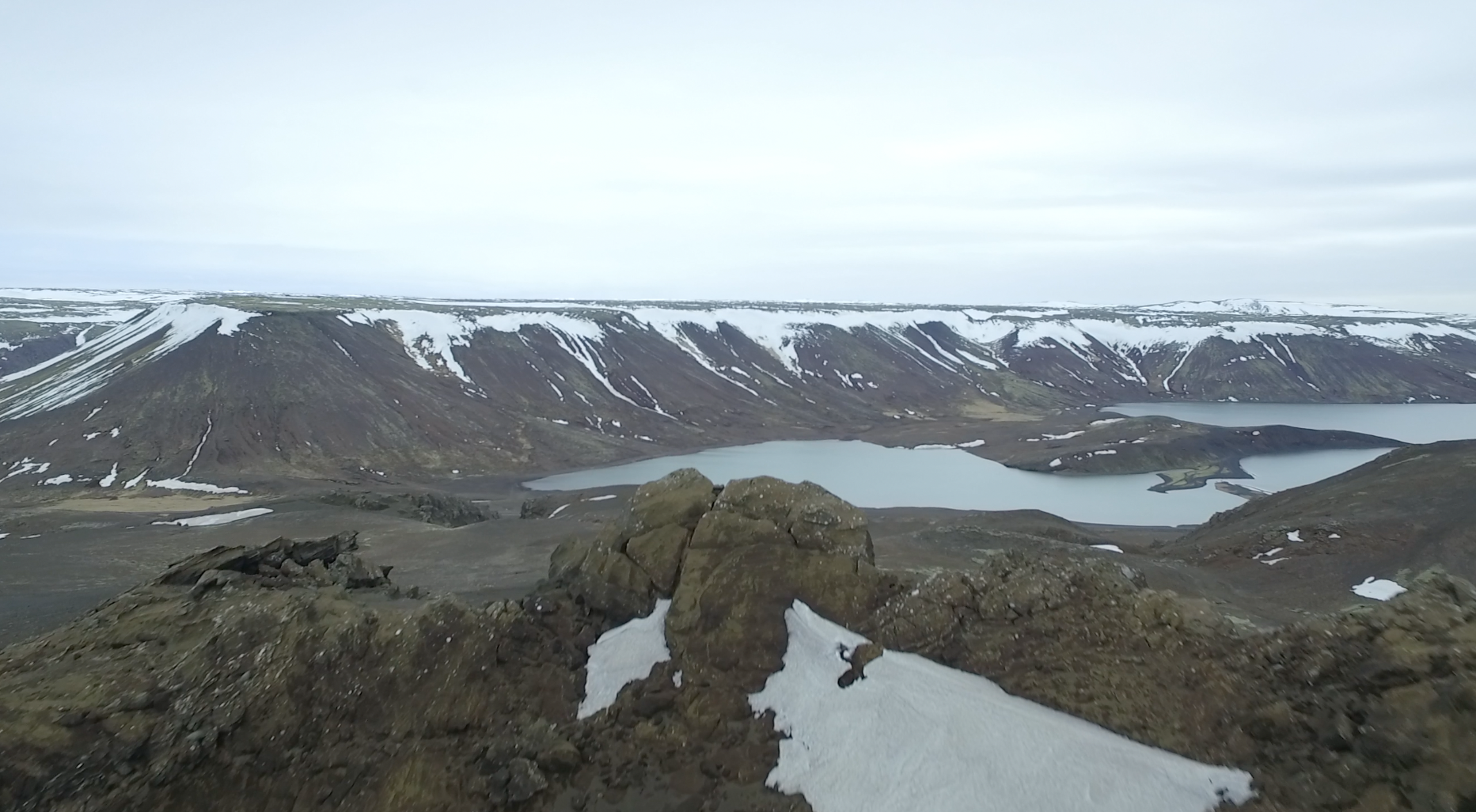
MidAtlantic Ridge hike Guide to Iceland
How deep is Mid-Atlantic Ridge? The depths of the Mid-Atlantic Ridge vary, with the ridge being 1,700 to 4,200 meters (1 to 2.6 miles) below sea level. Are islands part of mid-ocean ridges? Yes, islands can be part of mid-ocean ridges. For example, Iceland is located on the Mid-Atlantic Ridge and is formed by volcanic activity along the ridge.
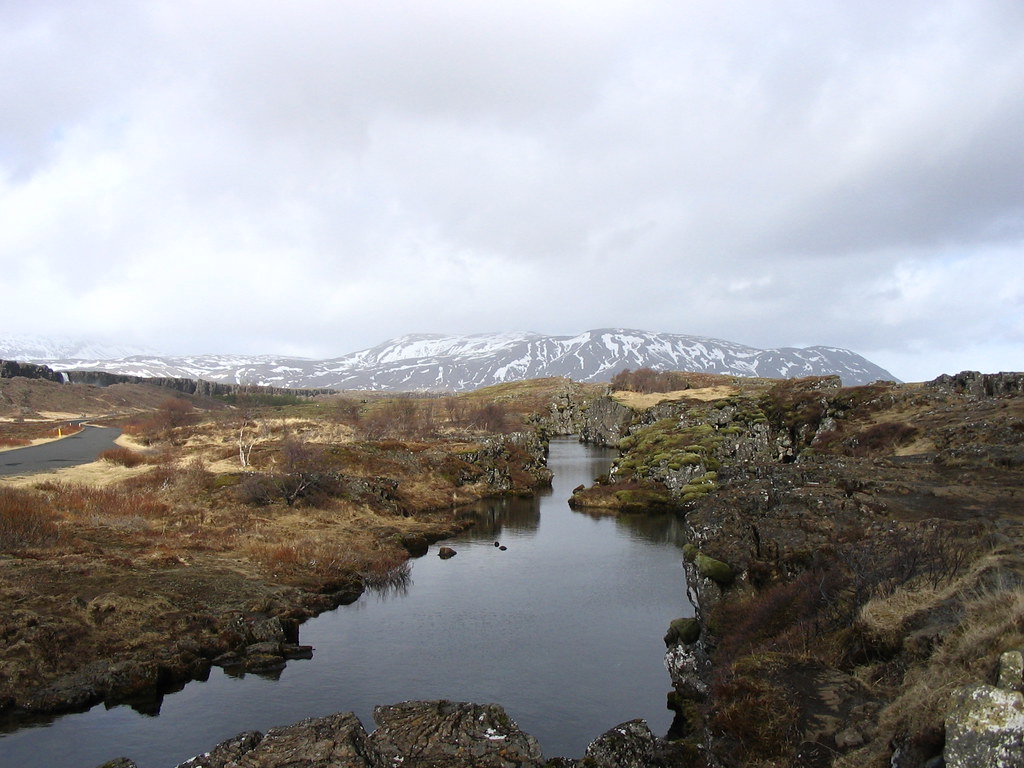
mid atlantic ridge in iceland the mid atlantic ridge is a … Flickr
The Mid Atlantic ridge runs through Iceland and tectonic plates are moving in opposite direction. Thingvellir national park / gagarin. In the summer of 2000, two severe earthquakes occurred in South Iceland. Though their source lay 40-50 kilometres southeast of Þingvellir, stones fell from the ravine walls and water splashed up from the rifts.
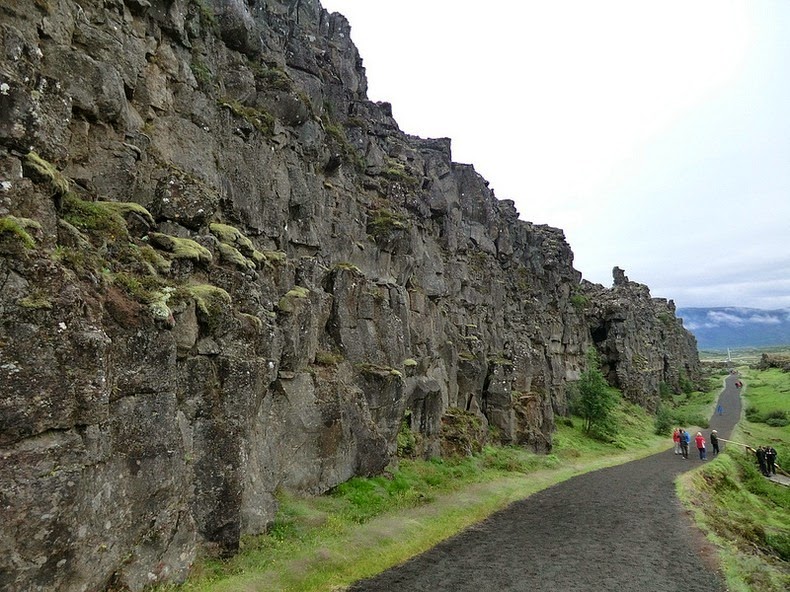
The MidAtlantic Ridge in Iceland Amusing
Þingvellir is a site of historical, cultural, and geological significance, and is one of the most popular tourist destinations in Iceland. The park lies in a rift valley that marks the crest of the Mid-Atlantic Ridge and the boundary between the North American and Eurasian tectonic plates.

MidAtlantic Ridge Definition, Map, & Facts Britannica
Iceland is divided by the Mid-Atlantic Rift; some parts of it, such as the Westfjords and Reyjavík, are on the North American tectonic plate, while others, such as Vatnajökull glacier and the East Fjords, are on the Eurasian plate. Iceland is the only place in the world where this rift is above sea-level, and nowhere can you see the edges of.

http//www.michaelmasser.co.uk/Travel/Iceland/iZhBpFtj/0/L/MidAtlanticRidgeIcelandHDRL.jpg
It is a popular destination for tourists in Iceland. The Mid-Atlantic Ridge is where seafloor spreading takes place in the middle of the Atlantic Ocean. It is part of a world-wide system of mid-ocean ridges. These ridges make up the longest mountain ranges in the world, all underwater except for short stretches like Iceland.

The MidAtlantic Ridge in Iceland Amusing
Tourists at Thingvellir National Park examine the Mid-Atlantic Ridge that runs through Iceland, on Nov. 12. Photographer: Heida Helgadottir/Bloomberg. Iceland received an estimated 2.2 million.
MidAtlantic Ridge Fault Line, Thingvellir Stock Photo
Reykjanes Unesco Global Geopark is the second geopark in Iceland and the 66th member accepted into the European Geoparks Network in September 2015. Reykjanes Geopark has listed 55 sites as Geosites. Those sites have a significant role in the Geopark and are connected to the story of the Mid Atlantic ridge and the effects of the tectonic plates.

Thingvellir National Park Iceland Midatlantic Ridge Stock Photo Download Image Now iStock
The Mid Atlantic Ridge, like other ocean ridge systems, has developed as a consequence of the divergent motion between the Eurasian and North American, and African and South American Plates. As the mantle rises towards the surface below the ridge the pressure is lowered (decompression) and the hot rock starts to partially melt.

The MidAtlantic Ridge in Thingvellir National Park, Iceland National parks, Thingvellir
Iceland is slowly being pulled in two.. At a rate of 2.5 centimeters per year, the mid-Atlantic ridge is pulling apart the North American and Eurasian tectonic plates. While most of this happens.